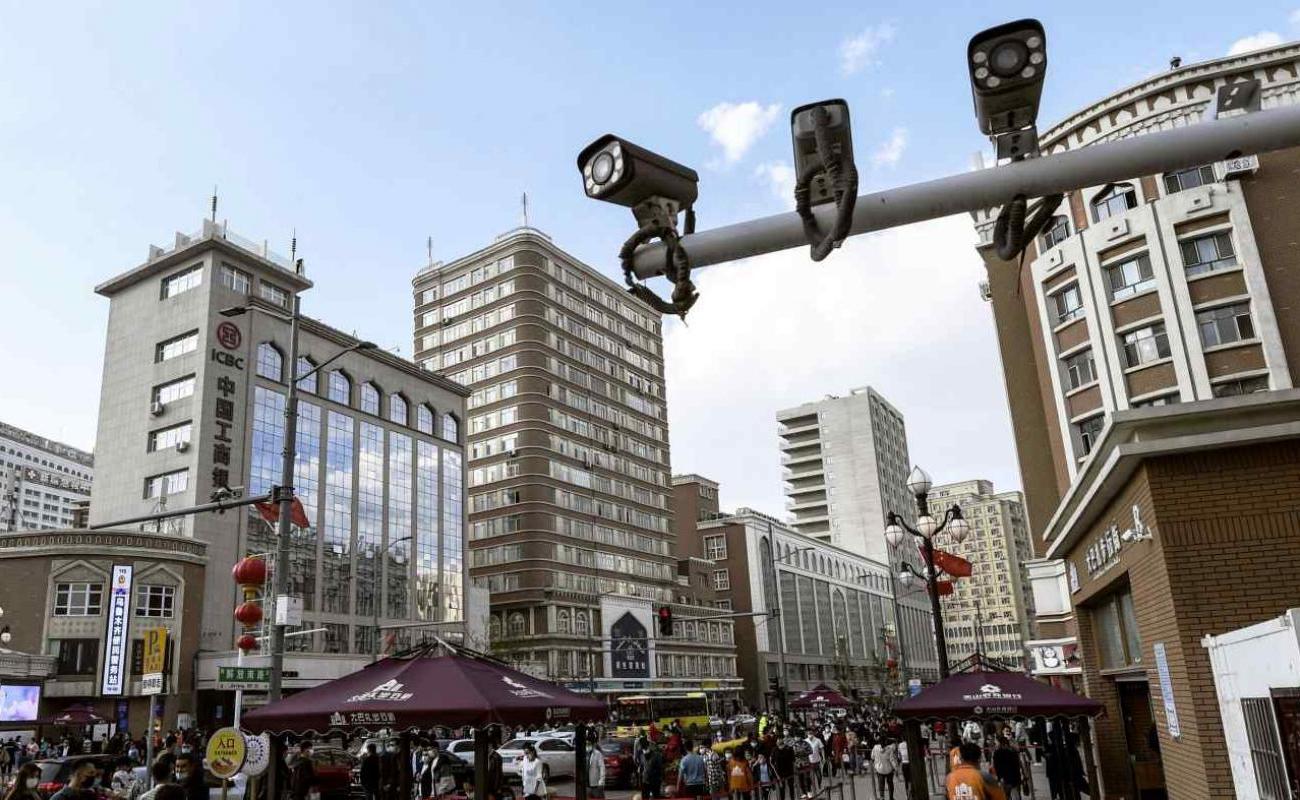China strips Uyghur identity from place names, Human Rights Watch says

HONG KONG -- Chinese authorities have been renaming villages in the northwestern region of Xinjiang, shedding those with links to Uyghur heritage in favor of those that reflect Communist Party ideology, according to Human Rights Watch.
The U.S.-based nonprofit watchdog said in a report published on Wednesday that it identified about 630 such changes in an investigation with Norwegian human rights group, Uyghur Hjelp.
The human rights groups found that between 2009 and 2023 about 3,600 Xinjiang villages, out of 25,000, had their names changed in data published on the official website of the country's statistics bureau. While over 80% of the changes were technical modifications and revisions, the rest related to the religion, culture and history of the Muslim-majority Uyghurs.
For example, the village of Aq Meschit, or "White Mosque," in Akto county of Kizilsu Kyrgyz Autonomous prefecture -- which borders Kyrgyzstan and Tajikistan -- was renamed Tuanjie-cun, meaning "Unity Village," in 2018.
Dutar village, named after a two-string Uyghur musical instrument, in southwestern Karakax county was changed to Hongqi-cun, meaning "Red Flag village," in 2022.
In the western prefecture of Kashgar, the village of Qutpidin Mazar -- named after a shrine commemorating the 13th century Persian polymath Qutb al-Din al-Shirazi -- was switched to Meiguihua-cun, Mandarin for "Rose Flower village."
"The Chinese authorities have been changing hundreds of village names in Xinjiang from those rich in meaning for Uyghurs to those that reflect government propaganda," said Maya Wang, acting China director at Human Rights Watch. She added that these changes "appear [to be] part of Chinese government efforts to erase the cultural and religious expressions of Uyghurs."
The report categorized the changes into three broad patterns.
One involved altering village names with religious affiliations, such as Hoja, a title for a Sufi religious teacher.
Another set of changes did away with words related to Uyghur history, including the names of kingdoms, republics and local leaders before 1949, when the People's Republic of China was founded. Part of present-day Xinjiang had been an independent state under the name East Turkistan Republic from 1933 to 1934 and from 1944 to 1949.
The third category focused on Uyghur cultural activities. The word "mazar," meaning shrine or tomb, was removed from 41, or 88%, of the names in which was used.
The three most common Mandarin replacements were Xingfu, Tuanjie, and Hexie -- meaning "happiness," "unity" and "harmony."
The investigation also identified the timing of the name changes. Almost 500 took place between 2017 and 2019. They were geographically concentrated in the southern prefectures of Kashgar, Aksu and Hotan, where ethnic Uyghurs are the majority.
Since the implementation of what the government has labeled as an anti-terrorism campaign in May 2014 under President Xi Jinping, Beijing has been accused of widespread repression of Uyghurs and other Turkic minorities in the region. The pressure on the communities escalated in 2017, when internment camps for mass detention were identified, ostensibly for countering terrorism and extremism.
The U.N. human rights agency published a scathing report on Xinjiang in 2022, concluding that Beijing's stated drive against extremism in the region "may constitute international crimes, in particular crimes against humanity."
The latest communique by Group of Seven leaders published Saturday once again said the seven Western democracies "remain concerned by the human rights situation in China, including in Tibet and in Xinjiang."
The Chinese government categorically denies all allegations of abuse and describes the detention facilities in Xinjiang as reeducation centers.
In a report submitted to a working group of the U.N. Human Rights Council, which opened its 56th session Tuesday in Geneva, China emphasized that issues relating to Xinjiang were "in essence about safeguarding the national sovereignty, security and unity."
Part of the council session is a mechanism under which U.N. member states undergo periodic peer reviews of their rights record. China said it has been getting support on its objectives from close to 100 countries in the council while urging "certain countries to abandon ideological bias and to stop politicizing and weaponizing human rights issues" -- a thinly veiled jab at Western critics.
Repeated attempts to reach Chinese government spokespersons for the Xinjiang Autonomous Region for comment on Tuesday were unsuccessful.
CONCLUSION
One of a series of reports by international organizations that deal with human rights that warns of serious human rights violations in the Chinese region of Xinjiang, where the Uyghurs predominantly live. Numerous warnings, unfortunately, did not bear fruit, because China, under the guise of the "fight against terrorism and extremism", carries out flagrant human rights violations against the Uyghur population.
Violation of human rights (or what is recognized in the world as human rights) is not only a policy that China implements on the territory of its state - especially in Xinjiang and Tibet. Through numerous examples of the behavior of Chinese companies towards foreign workers in the countries of the Western Balkans, especially in Serbia, we were able to convince ourselves that human rights for the Chinese official authorities are what the ruling Communist Party of China says, and not what the democratic world has defined as human rights.
Unfortunately, the domestic authorities in the Western Balkans often take into account the interests of Chinese investors and creditors, rather than their own population or foreign workers hired by Chinese companies. The best confirmation of this is the numerous warnings from the non-governmental sector and the media about environmental pollution by Chinese companies, non-respect of the rights of foreign workers hired to work in Chinese companies, etc.
